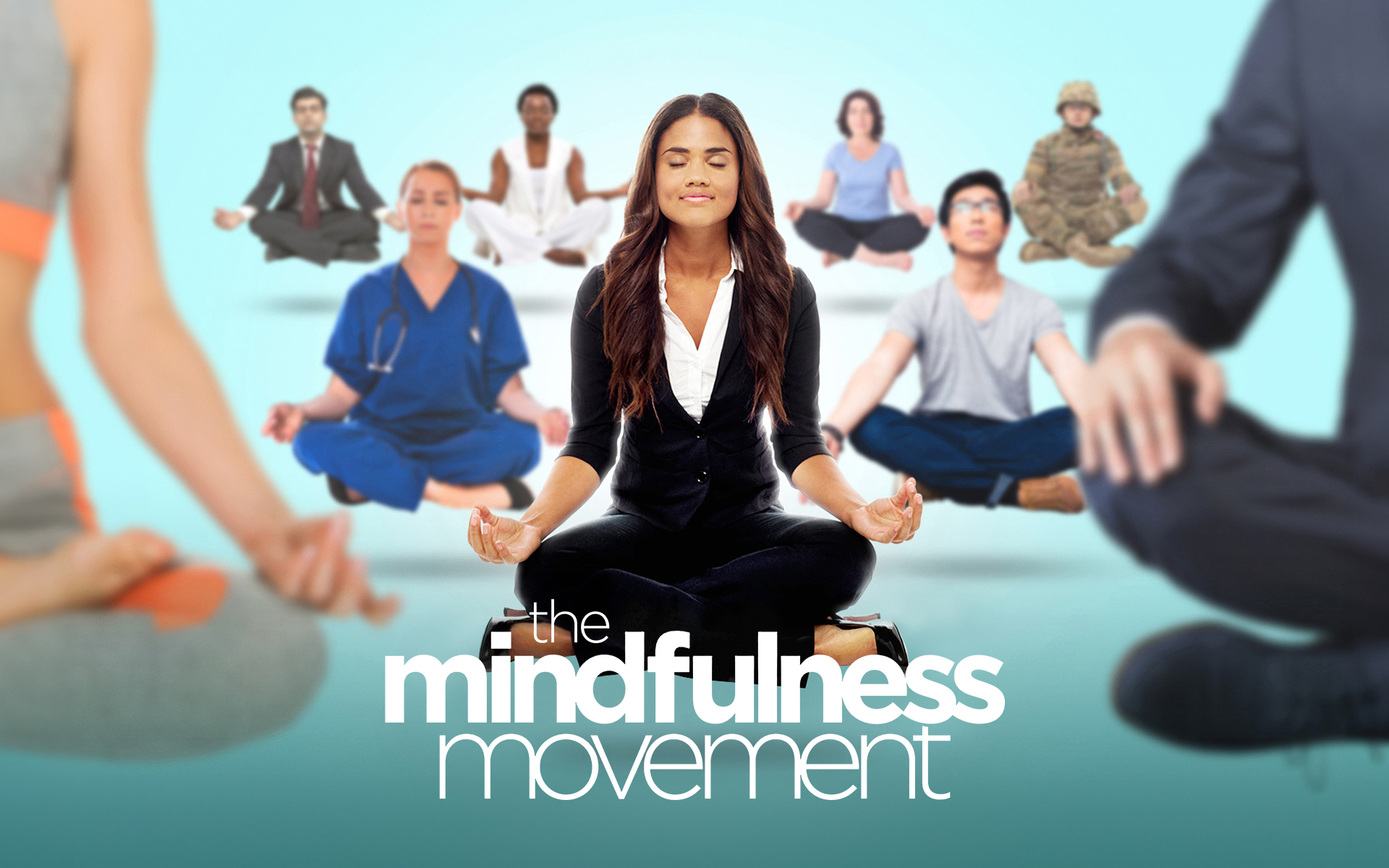Like so many deep and subtle questions, “Is mindfulness political?” requires a no & yes answer.
Mindful extols the work of mindfulness teachers who teach in secular contexts. These teachers are very unlikely to raise political issues in the context of a mindfulness class, at the risk of alienating a student. The intent is to create an open, safe space welcoming to all. So, it is an article of faith with Mindful that we work to maintain mindfulness as an apolitical space, so to speak—in the sense that we don’t take specific political positions, or directly advocate for a given policy, politician, or party.
We see ourselves as existing within “the public square,” where each of us is respected, acknowledged, and heard regardless of whatever religious, spiritual, political, or ideological beliefs we may have—so long as the beliefs and behaviors don’t advocate hate or racial superiority. We each may be motivated by our beliefs and practices without using them to exclude others or wearing them as a badge that gives us special status.
If you are coming to meditation to know yourself better, to find relief from stress, and to gain insight, it will not be helpful if you feel excluded because you do not belong to a particular group or espouse certain views (political or otherwise). It’s early days and much more needs to be accomplished, but many teachers of meditation and meditation groups are paying special attention to how they may have been marginalizing people who are not from the dominant culture and trying to diversify the mix of teachers (see page 38 to learn about women leaders in the mindfulness movement).
So, no. Mindfulness is not political. Tying mindfulness to a particular brand of politics would be exclusionary.
Just as we cannot exclude the full range of emotions—joy, anger, sadness, jealousy, desire, rage, and all the rest—from our meditative experience, so too we cannot exclude our aspirations for how we want ourselves, our children, our fellow people to live.
But here’s the yes part. While we may be apolitical at Mindful, and see mindfulness itself as apolitical—in the sense I’ve just laid out—it’s also true that there is a way in which mindfulness is unavoidably political. As Aristotle indicated, human beings are “political animals,” by which he meant that each human being lives within a community (polis)—if not many communities—and within those communities, we seek to work together to make a good life for all concerned. We aspire to make the world a better place.
When it comes to mindfulness, then, as one practices and comes to know one’s mind better, is it possible to exclude this part of your being—the part that yearns to live well within community with others? Just as we cannot exclude the full range of emotions—joy, anger, sadness, jealousy, desire, rage, and all the rest—from our meditative experience, so too we cannot exclude our aspirations for how we want ourselves, our children, our fellow citizens to live.
In general, mindfulness begins with close attention: one-pointed focus on where we are and what’s going on inside and out. Over time, though, this will bleed into a wider awareness that sees connections and explores what drives us and what effects we’re having on the world around us and the people, plants, and animals in it. It brings us into direct contact with our values, and the fundamental aspiration all of us have to make a better world, the part of us that cares.
To tell someone that mindfulness and awareness exclude basic parts of being human would be a lie, and may be as off-putting to someone with a strong passion to change the world as telling someone that mindfulness requires adopting a prescribed political viewpoint. Mindfulness practice may not dictate what particular course of action we take or our particular political persuasion, and in that sense it is apolitical. Because mindfulness and awareness leave no stone unturned, though, discovering what’s happening in our minds in an intimate way will ask us to explore our deepest values, and those can’t help but have a political dimension.







